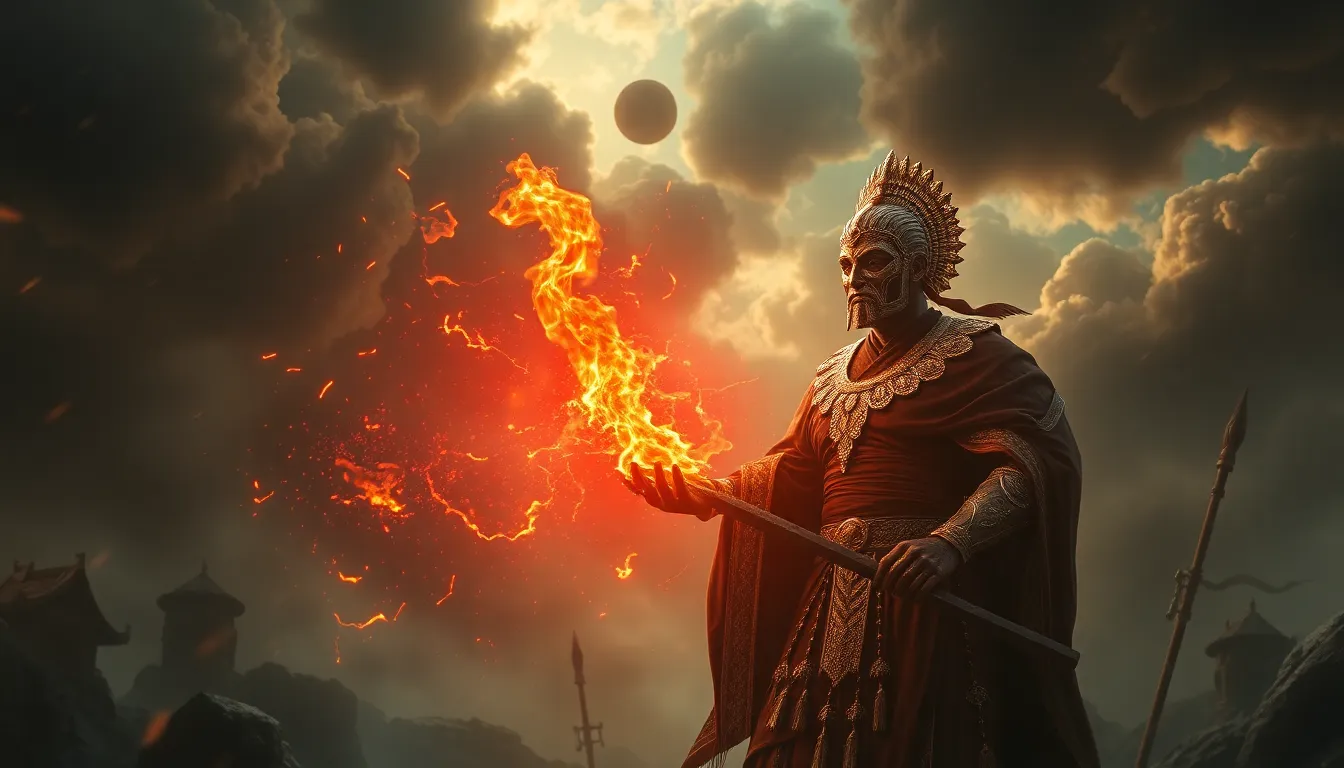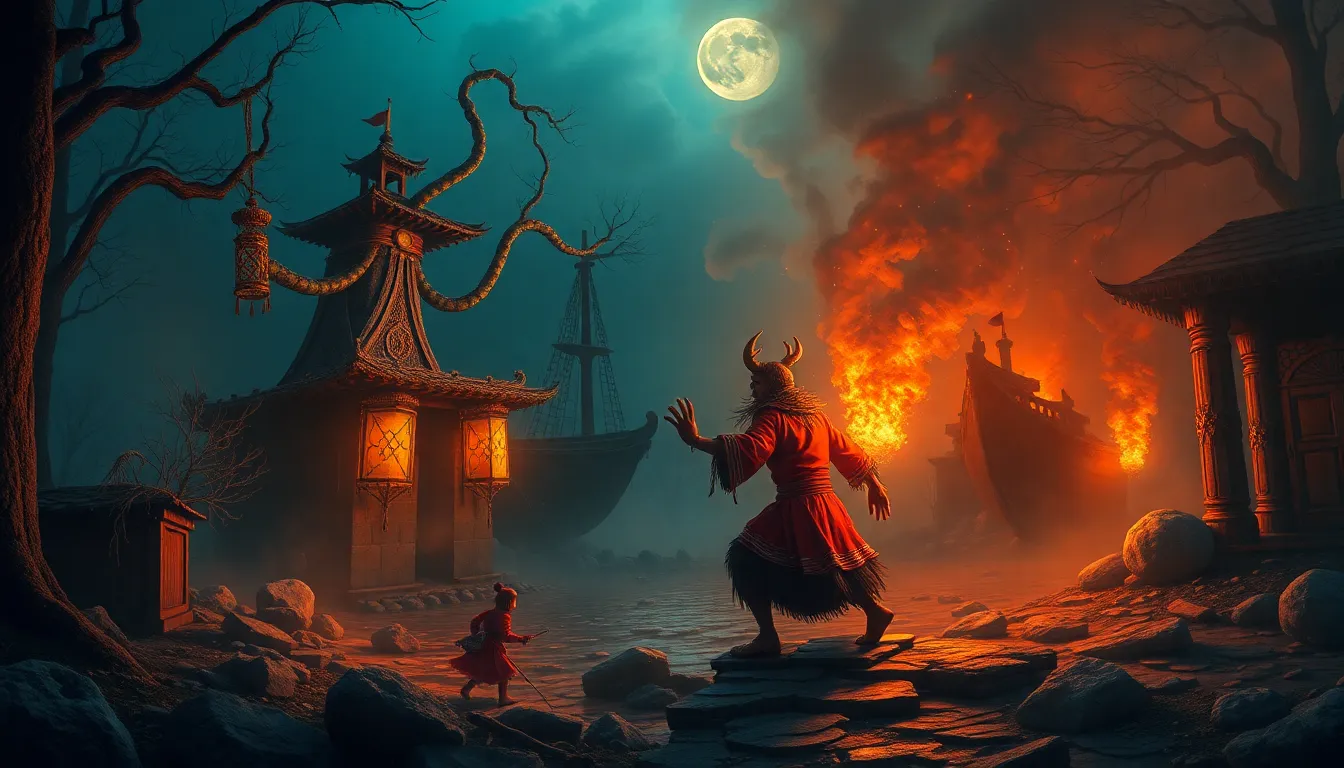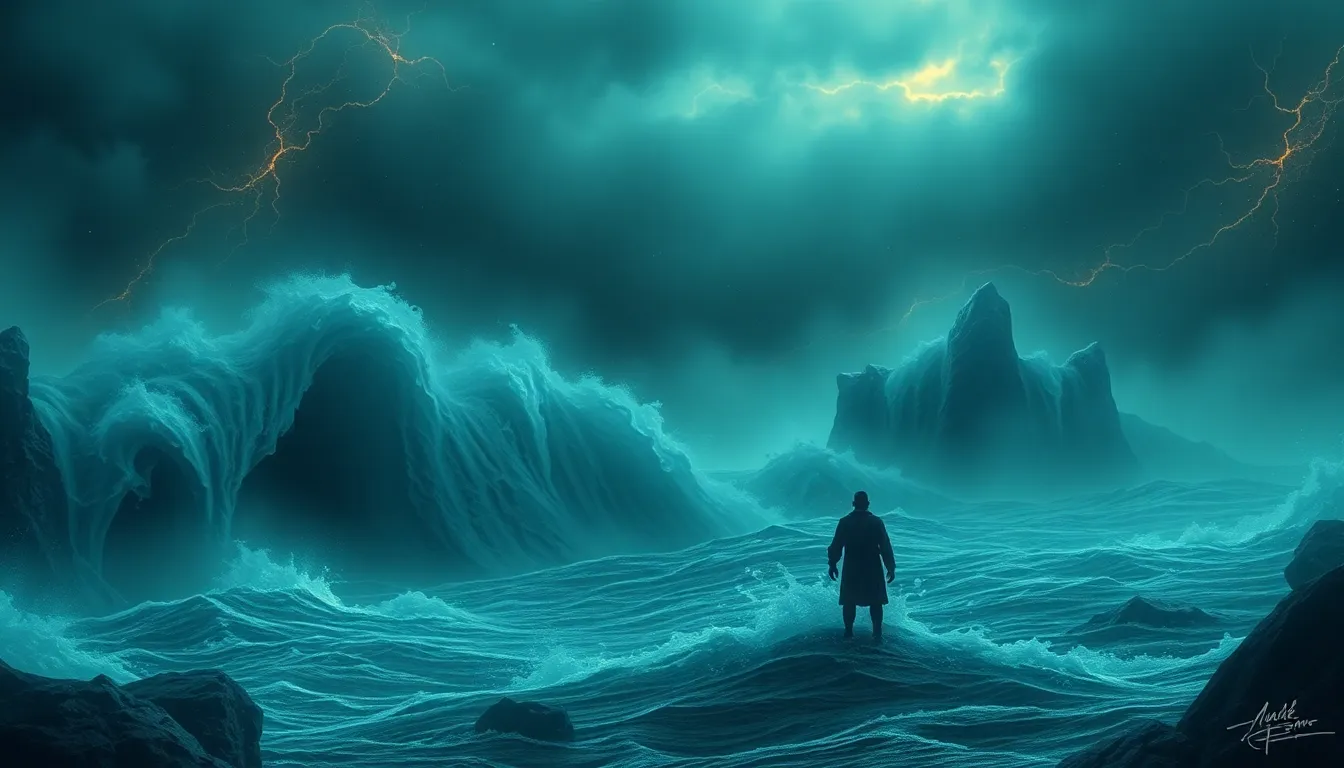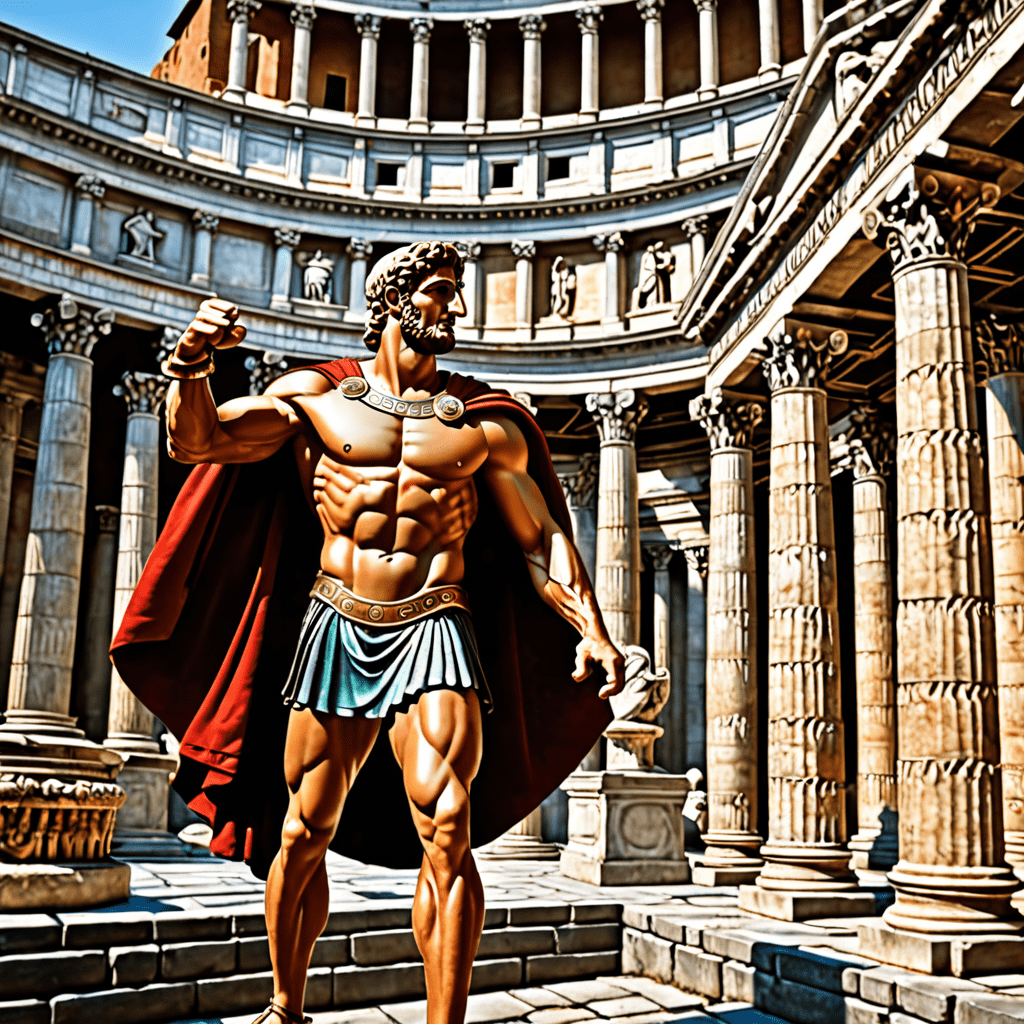The Enduring Power of Cultural Hero Myths
I. Introduction to Cultural Hero Myths
Cultural hero myths are foundational narratives that embody the values, aspirations, and struggles of a society. These myths often feature extraordinary individuals who undertake significant journeys, confront formidable challenges, and emerge transformed, serving as symbols of hope and inspiration.
The importance of hero myths spans across various cultures and epochs, providing a lens through which societies understand themselves and their place in the world. They offer frameworks for moral and ethical guidance, helping individuals navigate the complexities of life.
This article aims to explore the multifaceted nature of cultural hero myths, examining their historical roots, psychological significance, and contemporary relevance, as well as their impact on social movements and national identity.
II. Historical Overview of Hero Myths
Hero myths have been a part of human storytelling for millennia, evolving alongside civilizations. Their narratives offer insights into the values and beliefs of different cultures.
A. Ancient civilizations and their hero narratives
- Greek mythology: The tales of heroes such as Hercules and Odysseus exemplify the struggle against adversity and the pursuit of glory.
- Norse legends: Figures like Thor and Odin represent strength, wisdom, and the complexities of fate in a harsh world.
- Indigenous heroes: Many indigenous cultures have rich traditions of hero narratives that reflect their unique environments and values, such as the stories of Coyote in Native American traditions.
B. Evolution of hero myths through the ages
As societies progressed, hero myths evolved to reflect changing values and beliefs. From ancient epics to medieval legends, and now to modern stories, these narratives adapt to the cultural landscape of their time.
III. Psychological Significance of Hero Myths
Hero myths hold deep psychological significance, resonating with our collective unconscious and shaping our understanding of identity.
A. Archetypes and the collective unconscious (Carl Jung)
According to Carl Jung, hero archetypes are part of the collective unconscious, reflecting universal human experiences and emotions. These archetypes help individuals relate to their struggles and aspirations.
B. Hero myths as reflections of societal values and fears
Hero narratives often mirror the values and fears of their time, acting as a cultural barometer. They reveal what societies hold dear and what they are striving to overcome.
C. The role of hero myths in personal identity formation
Individuals often identify with heroes, using their stories as templates for personal development and moral guidance. These myths can inspire people to embody virtues such as courage, perseverance, and resilience.
IV. Key Characteristics of Cultural Heroes
Cultural heroes share several common characteristics that transcend geographical and temporal boundaries.
A. Common traits of heroes across cultures
- Bravery in the face of danger
- Selflessness and sacrifice for the greater good
- A transformative journey or quest
- Overcoming significant obstacles
B. The journey of the hero (Joseph Campbell’s monomyth)
Joseph Campbell’s concept of the monomyth, or the Hero’s Journey, illustrates a universal pattern found in many hero myths, consisting of stages such as the call to adventure, facing trials, and achieving a return with newfound wisdom.
C. The duality of the hero: virtuous and flawed
Heroes are often portrayed as both virtuous and flawed, allowing for a more relatable and nuanced portrayal. This duality invites audiences to grapple with the complexities of human nature.
V. Modern Interpretations of Hero Myths
In contemporary culture, hero myths continue to evolve, reflecting modern values and challenges.
A. Contemporary adaptations in literature and film
Modern storytelling in literature and film often reinterprets traditional hero myths, infusing them with contemporary issues such as social justice, environmentalism, and personal identity.
B. How modern heroes differ from traditional ones
Modern heroes frequently challenge established norms and are depicted as more complex characters who navigate moral ambiguity and societal expectations.
C. The role of technology and media in shaping hero narratives
Technology and media play crucial roles in disseminating hero narratives worldwide, allowing for diverse representations and interpretations. Social media, in particular, can amplify the voices of new heroes emerging from grassroots movements.
VI. The Role of Heroes in Social Movements
Heroes have historically played pivotal roles in social movements, embodying the values and aspirations of those advocating for change.
A. Historical figures as cultural heroes
Figures such as Mahatma Gandhi and Rosa Parks have become cultural heroes, symbolizing the struggle against oppression and the fight for justice.
B. The impact of hero myths on activism and change
Hero myths can inspire individuals to take action, fostering a sense of solidarity and purpose within movements for social change.
C. Case studies: Martin Luther King Jr., Malala Yousafzai, etc.
- Martin Luther King Jr.: His leadership during the Civil Rights Movement embodies the struggle for equality and justice.
- Malala Yousafzai: As a champion for girls’ education, she represents courage and resilience in the face of adversity.
VII. Cultural Heroes and National Identity
Hero myths often serve as foundational narratives for national identity, shaping how communities view themselves.
A. The use of hero myths in nation-building
Many nations use cultural heroes to foster a sense of unity and pride, leveraging their stories to promote a shared identity.
B. Heroes as symbols of national pride and unity
Cultural heroes can embody the ideals of a nation, becoming symbols of resilience and hope during challenging times.
C. The potential for hero myths to perpetuate divisiveness
While hero myths can unify, they can also exclude or vilify those who do not fit the narrative, highlighting the complexities of their role in society.
VIII. Critiques of Hero Myths
Despite their significance, hero myths are not without critique.
A. The risk of glorifying flawed figures
Hero myths can sometimes glorify individuals who are deeply flawed, creating unrealistic expectations and potentially harmful idolization.
B. The danger of oversimplifying complex narratives
Reducing complex historical figures to simplistic hero archetypes can distort reality and overlook important nuances.
C. Feminist and postcolonial perspectives on heroism
Feminist and postcolonial critiques challenge traditional notions of heroism, advocating for more inclusive narratives that recognize diverse experiences and perspectives.
IX. The Future of Hero Myths
As the world becomes increasingly interconnected, hero myths are transforming in response to globalization and technological advancements.
A. How globalization is transforming cultural hero myths
Globalization facilitates the exchange of cultural narratives, allowing for hybrid hero myths that incorporate diverse elements from various traditions.
B. The rise of new heroes in a digital age
In the digital age, new heroes emerge from online movements, challenging traditional forms of heroism and redefining what it means to be a hero.
C. The potential for inclusive and diverse hero narratives
There is a growing recognition of the need for inclusive hero narratives that reflect the diversity of human experience, fostering a richer tapestry of cultural storytelling.
X. Conclusion
The enduring power of cultural hero myths continues to shape societies, offering insights into our values, fears, and aspirations. As we navigate contemporary challenges, it is essential to re-evaluate and adapt these narratives to reflect a more inclusive and nuanced understanding of heroism.
By recognizing the complexity of hero figures and the cultural contexts in which they exist, we can foster a more profound appreciation for the role of hero myths in contemporary culture.




